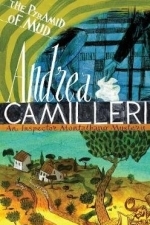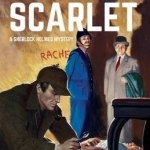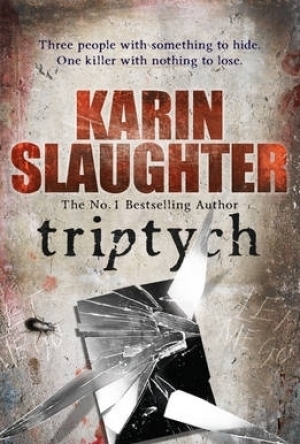
The Pyramid of Mud
Book
The Pyramid of Mud is the twenty-second Montalbano mystery from Italy's finest crime writer, Andrea...
Administrative Law: Text and Materials
Mark Elliott and Jason Varuhas
Book
Administrative Law Text and Materials combines carefully selected extracts from key cases, articles,...

Osiris, Volume 31: History of Science and the Emotions
Otniel E. Dror, Bettina Hitzer, Anja Laukotter and Pilar Leon-Sanz
Book
What new insights become available for historians when emotions are included as an analytical...
A Room Full of Bones (Ruth Galloway, #4)
Book
It is Halloween in King's Lynn, and forensic archaeologist Dr Ruth Galloway is attending a strange...

A Study in Scarlet: A Sherlock Holmes Mystery
Arthur Conan Doyle, Mort Kunstler and Seymour Moskowitz
Book
'There's a scarlet thread of murder running through the colourless skein of life, and our duty is to...

A Hardware and Software Primer for Librarians: What Your Vendor Forgot to Tell You
Book
Provides a basic introduction to terminology and concepts-an indispensable tool for librarians who...
Instant Thai
Book
This is an easy to read guide to essential Thai words and phrases. The pronunciation for each Thai...

The Rock
Book
The Rock. Gibraltar. 1966. In a fading colonial house the dead body of a beautiful woman lays...

Triptych
Book
This is the first Will Trent novel, from the No. 1 Bestseller. When Atlanta police detective Michael...
Erika (17789 KP) rated Star Wars Rebels in TV
Sep 7, 2019 (Updated Sep 7, 2019)
Although this is an animated show, that aired on Disney XD, it's entertaining for adults as well. Normally, they don't really show people dying on kids shows, but the Stormtrooper body count is pretty high.
This show introduced some of my new favorite characters, and brought in Clone Wars characters, which I loved. The story lines were interesting, and the show did a good job of featuring some of the Skywalker Saga characters, but didn't repeat things we'd already seen. The show ends about 1 year before the Battle of Yavin (BBY). I would actually watch a live action show featuring some of the members of the Phoenix Squad. Mostly Hera, she was probably my favorite.
This also gave us the gift of introducing Grand Admiral Thrawn into the new canon, and they did so well with the characterization. I'm not going to lie, I would love an appearance by Thrawn in Episode IX.

